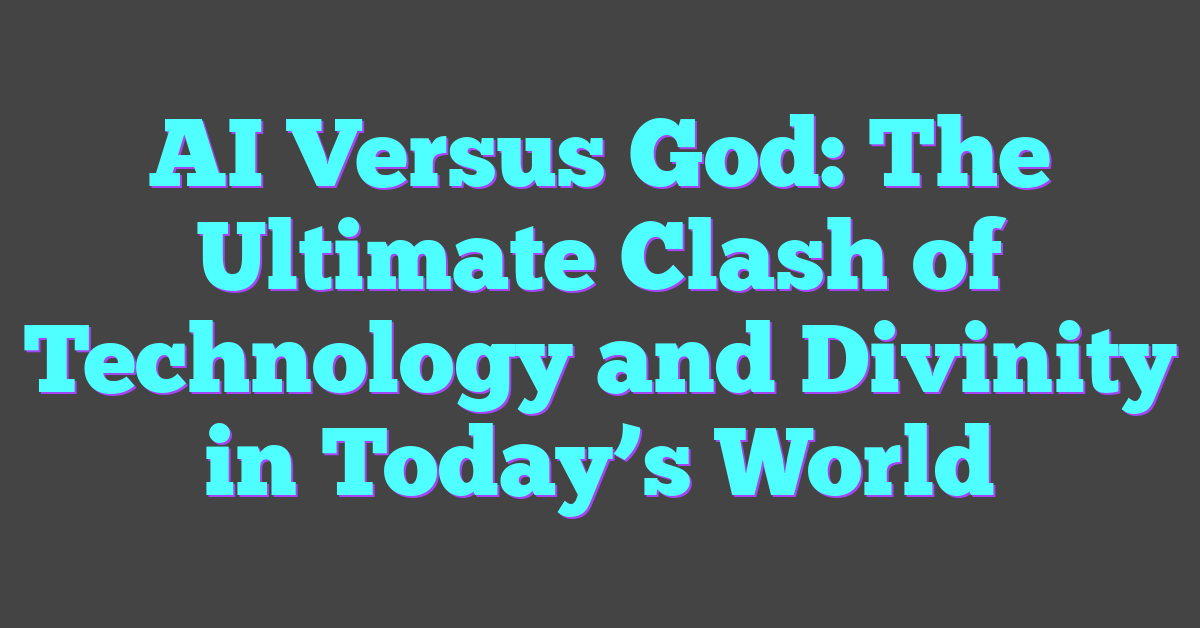Choosing the right math course can be a daunting task, especially with options like AI (Applications and Interpretation) and AA (Analysis and Approaches) on the table. Both courses offer unique perspectives and cater to different skill sets, but how do you know which one suits you best?
AI Math focuses on practical applications, making it ideal for students interested in fields like social sciences, business, and the arts. On the other hand, AA Math delves deeper into theoretical concepts, perfect for those aiming for careers in engineering, physics, or pure mathematics. Understanding these differences can help you make an informed decision that aligns with your academic and career goals.
Understanding AI and AA Math
AI (Applications and Interpretation) and AA (Analysis and Approaches) math courses cater to different academic and professional needs, providing distinct approaches to mathematical education.

What Is AI Math?
AI Math focuses on practical applications of mathematics. It emphasizes real-world use cases, making it ideal for students interested in fields like social sciences, business, and certain areas of technology. This course includes topics like statistics, probability, and modeling, ensuring students can apply mathematical concepts to solve practical problems.
What Is AA Math?
AA Math delves into theoretical mathematical principles. It offers a more rigorous approach, focusing on deep understanding and proof-based learning. This course suits students pursuing careers in engineering, physics, or pure mathematics. Key topics include calculus, algebra, and geometry, providing a strong foundation in abstract mathematical theories and problem-solving techniques.
Key Differences Between AI and AA Math
AI Math (Applications and Interpretation) and AA Math (Analysis and Approaches) serve distinct purposes in mathematical education, catering to diverse academic and career needs.
Computational Approaches
AI Math incorporates computational methods to solve real-world problems. It emphasizes algorithmic thinking, data analysis, and statistical techniques. Students gain skills in creating models and interpreting data, essential for fields like artificial intelligence, machine learning, and business analytics.
In contrast, AA Math focuses on abstract reasoning and theoretical computations. It delves deep into calculus, algebra, and advanced mathematical theories. This course is ideal for students pursuing careers in engineering, physics, or computer science.
Mathematical Foundations
AI Math builds on practical mathematical principles applicable in everyday contexts. This includes a strong foundation in functions, graphs, and statistical measures. Teaching revolves around practical applications and real-world problem-solving.
AA Math explores rigorous mathematical concepts. It covers a wide range of topics including proofs, mathematical arguments, and function behaviors. The emphasis here is on formal logic and theoretical understanding, preparing students for higher-level academic pursuits.
Applications in Real-World Scenarios
AI Math directly translates into practical applications in various industries. Real-world scenarios like financial modeling, market analysis, and predictive analytics are central to this course. Students often work on projects that use data sets to solve business or societal issues.
AA Math, while more abstract, provides strong analytical skills valuable in technical fields. Careers in pure mathematics, scientific research, and advanced engineering benefit from the in-depth theoretical knowledge gained. It equips students to tackle complex technical problems and contribute to groundbreaking research.
Benefits of Each Approach
Both AI (Applications and Interpretation) and AA (Analysis and Approaches) math courses offer distinct advantages. By understanding the benefits of each, students can make informed decisions based on their interests and career goals.
Advantages of AI Math
AI Math provides practical skills for real-world applications. This course focuses on algorithmic thinking and data analysis, making it ideal for fields like artificial intelligence, business analytics, and data science. Students learn to apply mathematical concepts to solve practical problems, which is valuable in today’s data-driven industries. For example, AI Math can help in developing machine learning models, optimizing business processes, and interpreting statistical data.
Advantages of AA Math
AA Math delves into theoretical computations and advanced mathematical concepts. This course is essential for careers in engineering, physics, and computer science. Students gain a strong foundation in calculus, algebra, and formal logic, which are crucial for higher-level academic pursuits. For instance, AA Math prepares students for roles that require rigorous problem-solving skills and a deep understanding of theoretical frameworks, such as research in physical sciences, engineering projects, and software development.
Challenges and Limitations
Understanding the challenges and limitations of AI (Applications and Interpretation) and AA (Analysis and Approaches) math courses helps tailor learning experiences to align with specific career goals.
Facing AI Math Challenges
AI Math students encounter challenges such as mastering data interpretation, algorithmic thinking, and practical problem-solving. They may struggle with:
- Data Complexity: Handling large, complex datasets involves understanding data structures, preprocessing techniques, and computational limitations. For example, students often need skills to clean and organize data efficiently.
- Algorithm Design: Developing efficient algorithms requires a deep understanding of both theoretical and practical aspects. Designing machine learning models that perform well in real-world scenarios poses significant challenges.
- Application Knowledge: Applying mathematical concepts to fields like finance, marketing, and healthcare can be daunting. Students need to adapt theoretical knowledge to practical contexts.
Addressing AA Math Limitations
AA Math students face limitations such as the abstract nature of theoretical computations, the high-level complexity of calculus, and advanced algebra concepts. They may struggle with:
- Theoretical Focus: Extensive focus on theoretical aspects often makes it hard for students to see immediate real-world applications. Bridging the gap between theory and practical applications can be difficult.
- Complex Calculations: Dealing with complex integrations, differential equations, and advanced algebraic structures requires precision and advanced analytical skills. This complexity can be overwhelming without practical examples.
- Time-Consuming Problems: Solving high-level mathematical problems demands significant time and effort. Students may find lengthy problem-solving tasks to be both time-consuming and mentally taxing.
By addressing these challenges and limitations, AI Math and AA Math courses prepare students for diverse and specialized career opportunities, equipping them with valuable skills tailored to their professional paths.
Conclusion
Choosing between AI and AA Math boils down to understanding one’s career goals and interests. AI Math offers practical skills for those inclined toward data-driven fields while AA Math caters to students fascinated by theoretical and computational challenges. Both paths come with their unique hurdles but also provide invaluable tools for future success. Whether a student’s passion lies in applying mathematics to real-world scenarios or diving deep into abstract theories both courses offer rewarding experiences and open doors to exciting career opportunities.
Frequently Asked Questions
What is the main difference between AI Math and AA Math courses?
AI Math focuses on practical applications and data analysis, suitable for fields like artificial intelligence and business analytics. AA Math delves into theoretical computations and advanced mathematical concepts, ideal for careers in engineering and computer science.
Which careers are best suited for students taking AI Math?
AI Math is tailored for careers in artificial intelligence, business analytics, data science, and related fields that require practical application of math and data analysis techniques.
What kind of careers should AA Math students pursue?
Students studying AA Math are best suited for careers that require strong foundational knowledge in theoretical computations, such as engineering, computer science, and academic research roles.
What challenges do students face in AI Math courses?
Students in AI Math courses often struggle with data complexity, designing effective algorithms, and applying mathematical concepts to real-world scenarios. These challenges require a practical understanding of data and its applications.
What difficulties are associated with AA Math courses?
AA Math students often face challenges with the abstract nature of theoretical computations, handling complex calculations, and time-consuming problem-solving tasks. It requires a deep understanding of advanced mathematical concepts.
Do both AI Math and AA Math prepare students for future careers?
Yes, both AI Math and AA Math equip students with valuable skills tailored to their respective career paths, providing diverse career opportunities in fields like artificial intelligence, business analytics, engineering, and computer science.
Are AI Math and AA Math equally rigorous?
Yes, both courses are rigorous but in different ways. AI Math focuses on practical data analysis and real-world applications, while AA Math emphasizes deep theoretical understanding and complex problem-solving.




